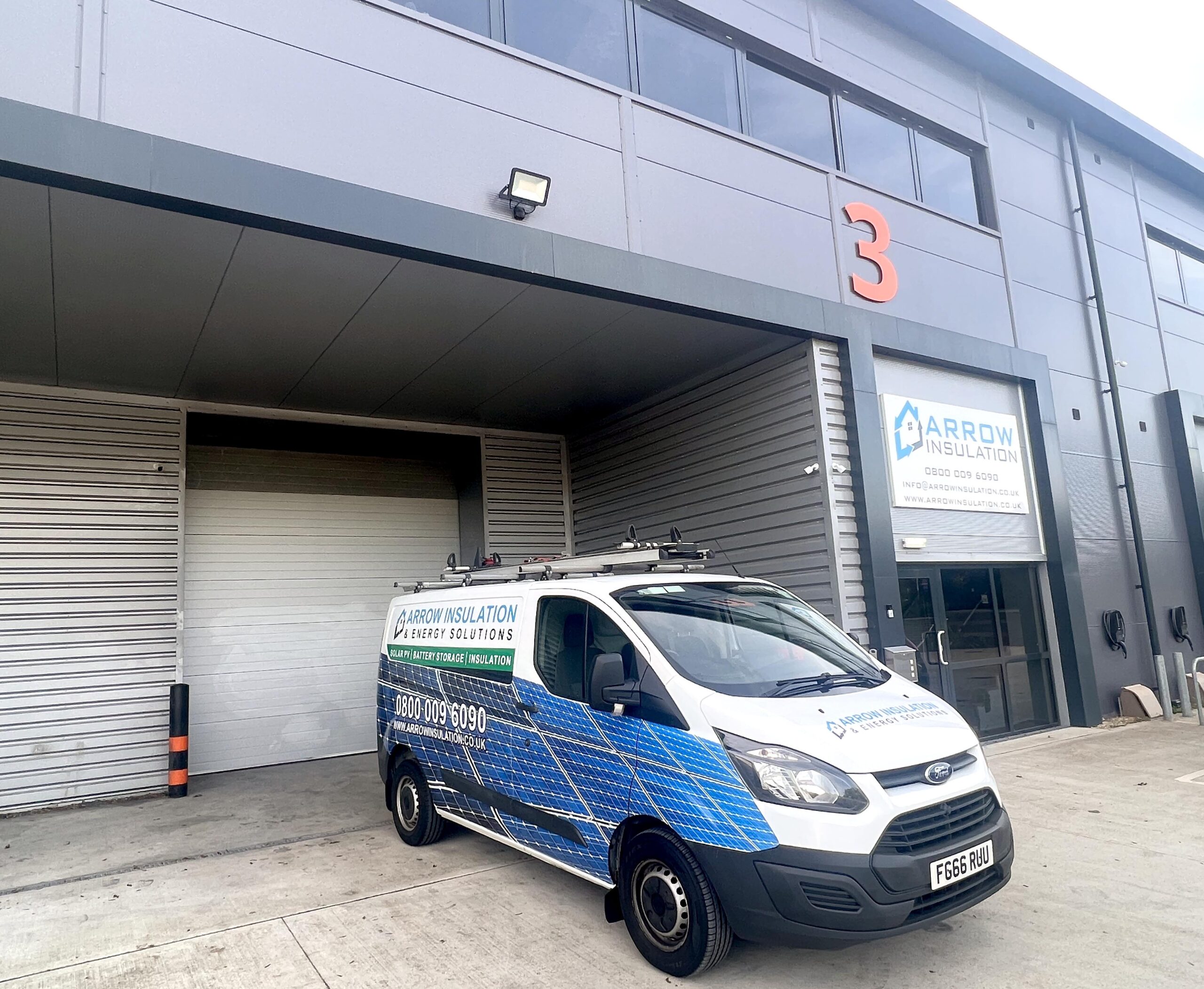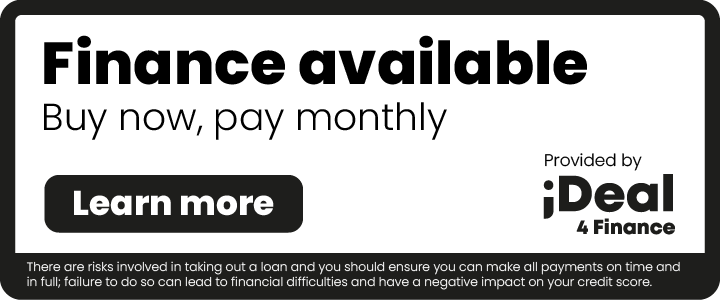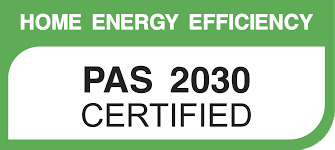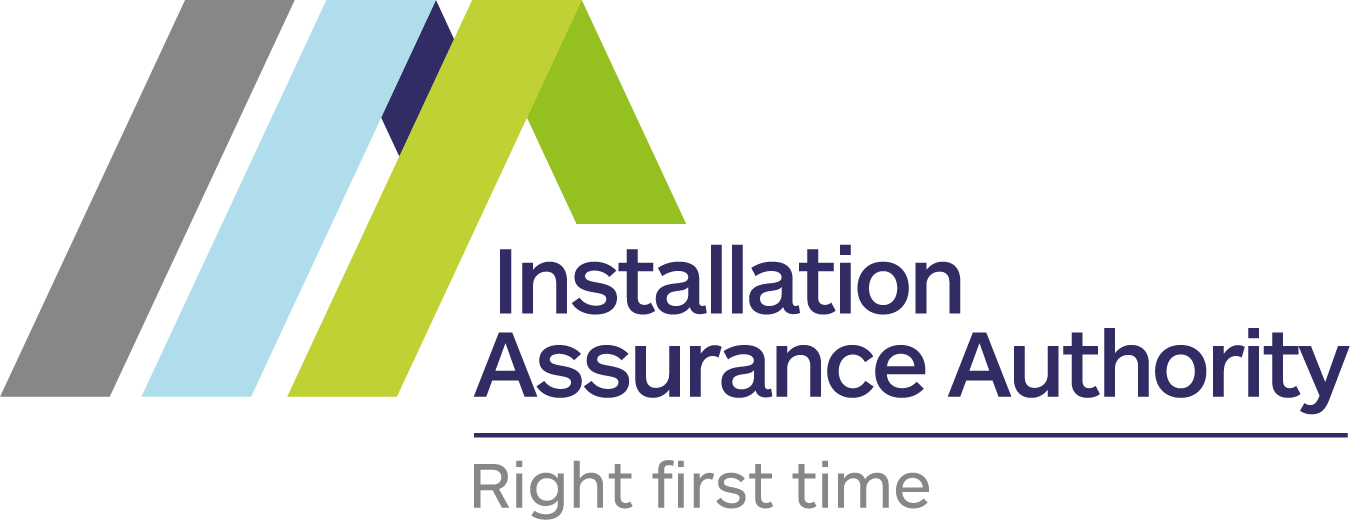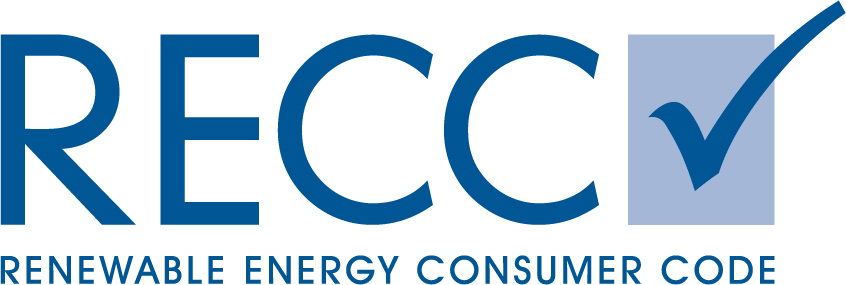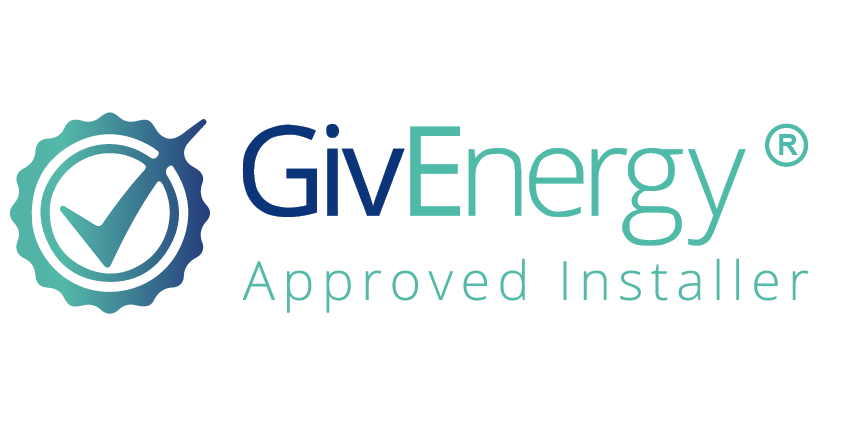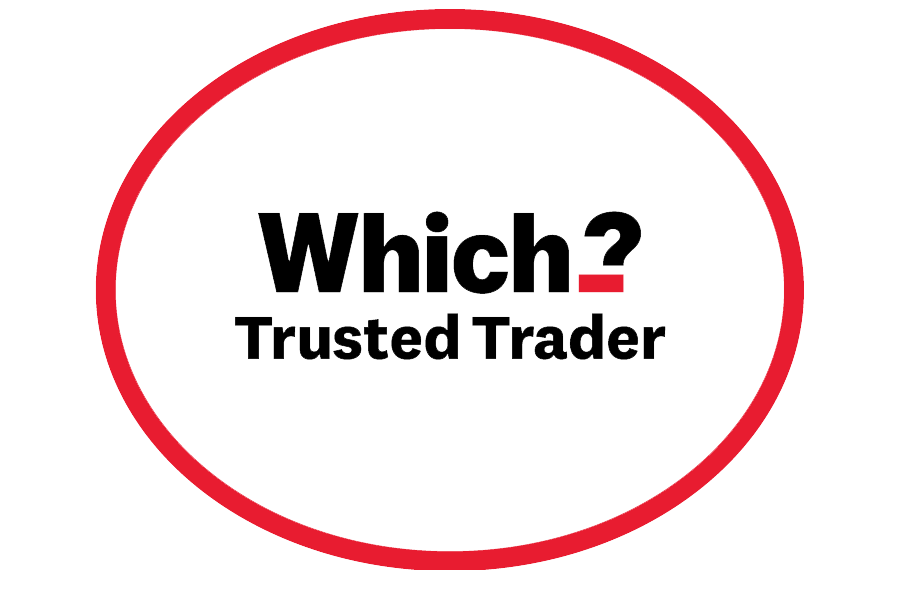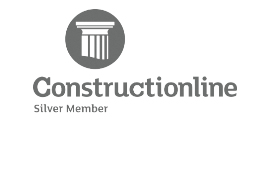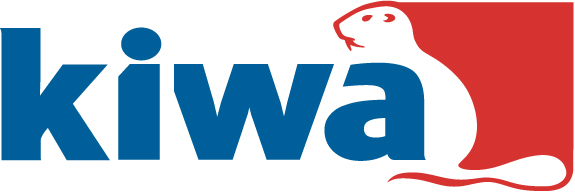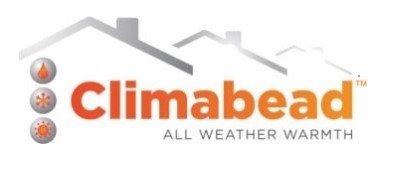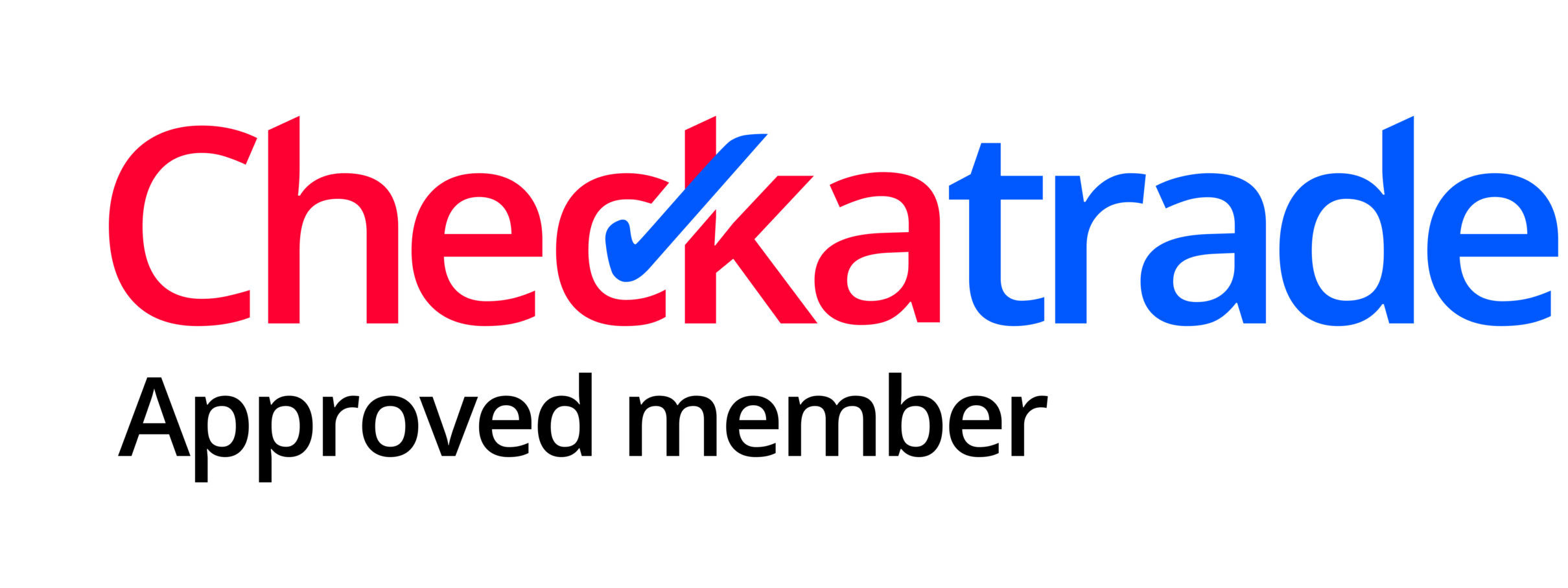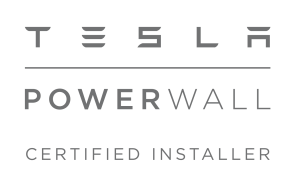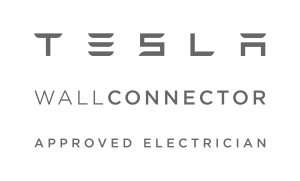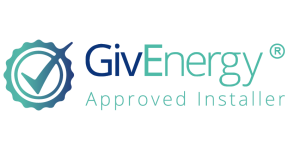Renewable Energy For Your Home
We install Solar PV systems with inverters and battery options to suit your requirements.
Many households across the UK are choosing to install solar PV panels to their homes. With ever increasing energy costs and even concerns about future energy reliability, solar allows the home owner to have control over their energy bills.
Systems are bespoke designed to cater to your energy needs and budget requirements.
But to make things simple we do have preplanned packages with optional add-ons to get the most out of your system.
How to get solar installed?
In a conversation we determin what your requirements are.
We then draw up a design and specification including annual performance
We carry out an onsite techinical survey and introduce the design options
We order the equipement and arrange any required scaffolding
We carry out the full install in-house with our own trained staff
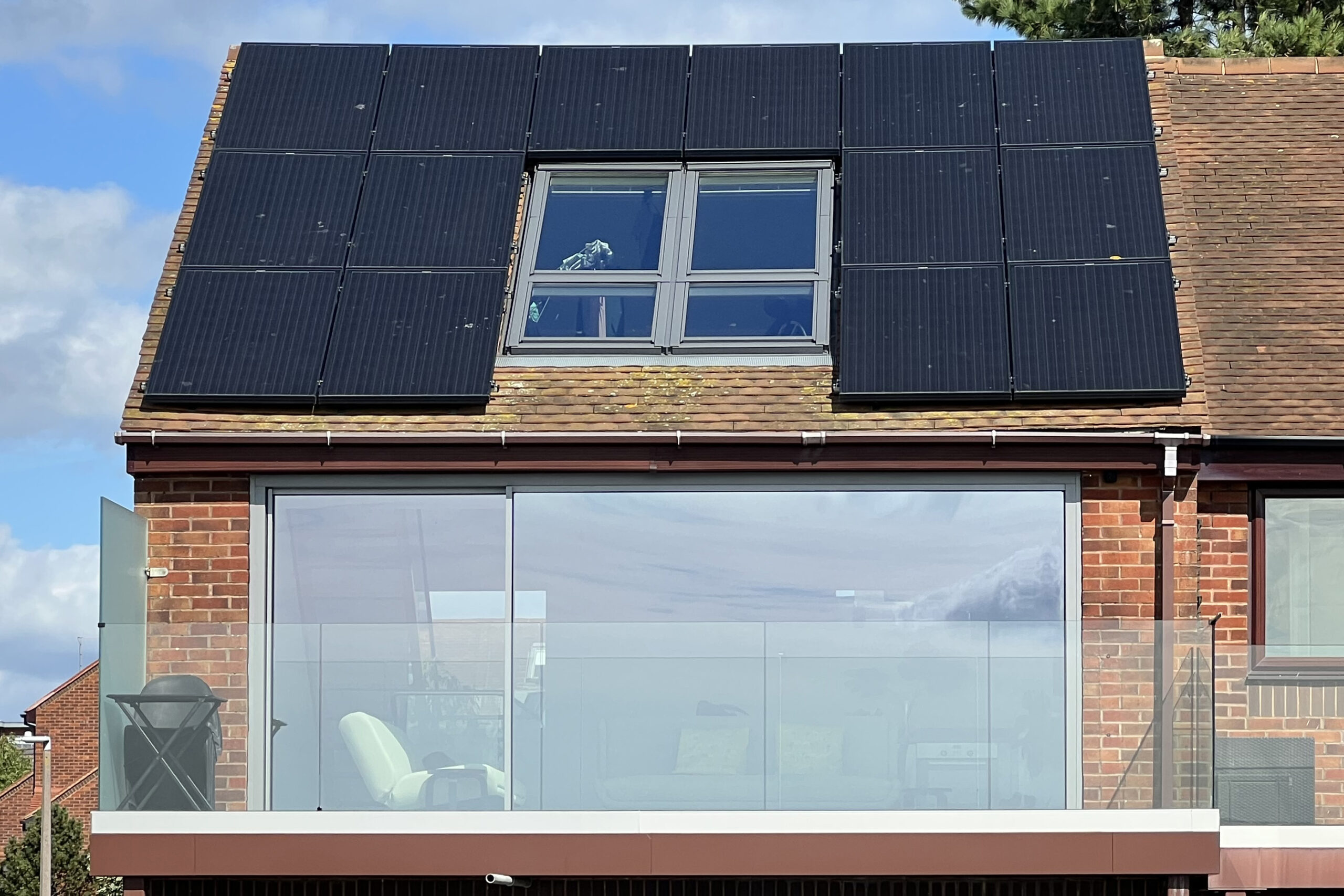
Frequently Ask Questions of Solar
How does Solar PV work?
Below is a more in depth explanation of the how and why of a solar install
Solar PV systems convert sunlight into electricity using photovoltaic cells. These cells are made of semiconductor materials, usually silicon, which have the ability to generate an electric current when exposed to sunlight.
Here's a step-by-step breakdown of how solar PV works:
Sunlight: Solar PV systems harness energy from sunlight, which is abundant and freely available.
Photovoltaic Cells: The PV cells are the building blocks of a solar panel. They consist of two layers of semiconductor material, typically silicon. One layer is positively charged (p-type), while the other is negatively charged (n-type).
Electron Excitation: When sunlight, which is composed of tiny particles called photons, strikes the PV cell, it excites the electrons in the semiconductor material. This causes some of the electrons to break free from their atoms.
Electric Field: The presence of an electric field within the PV cell causes the freed electrons to move in a specific direction. This electric field is created by the internal structure of the PV cell.
Current Generation: As the electrons move, they create a flow of electric current. Metal contacts on the top and bottom of the PV cell capture this current and transfer it to external wires.
Wiring and Circuits: The electric current generated by multiple PV cells is combined through series or parallel connections to form a solar module or panel. Several panels can be connected in an array to generate more electricity.
Inverter: The direct current (DC) electricity produced by the solar panels is converted into alternating current (AC) electricity using an inverter. Most electrical appliances and the power grid operate on AC power.
Power Consumption or Grid Connection: The AC electricity produced by the inverter can be used to power electrical devices directly within the property or fed into the electrical grid. If the solar PV system produces more electricity than is being used, the excess can be exported back to the grid for credits or future use or to your battery storage for use overnight.
Net Metering (if applicable): In some regions, net metering is implemented, allowing homeowners or businesses with solar PV systems to receive credits for the excess electricity they contribute to the grid. These credits can offset the cost of electricity drawn from the grid when the solar panels are not generating enough power.
Overall, solar PV systems offer a sustainable and renewable source of electricity by directly converting sunlight into usable power. They can be used for residential, commercial, or industrial purposes, and their installation can contribute to reducing carbon emissions and energy costs.
Why Choose
Arrow Insulation & Energy Solutions?
1
MCS Certified
We have our MCS accreditation which allows us to connect your solar to the national grid. Companies without MCS are not qualified to install your solar project
2
Highly accredited with Trustmark
Along with MCS we are also a Trustmark company operating to PAS standards in order to fulfil movement related works. We comply to CHAS, CITB, IAA and fully insured
3
Operating to consumer codes
Along with the accreditations we also operate to standards set by both REEC and WHICH? Trusted traders for your protection and peace of mind.
4
Established since 2014
We have been established with a long trading history first as an insulation company and now also installers of solar, batteries and car chargers since 2014
5
In-house certified teams
We do no use out source sub contracted teams, so we can be assured of the quality of the install from our own established teams, which is good news for you.
6
We are installers not sales teams
During our surveys and discussions we will try to develop the right package for your requirements, but we are not hard sales oriented, we will simply provide good advice along with a good service.
7
We offer Deposit Protection
We can offer a deposit protect through a third party for your peace of mind. Paying by credit card also affords you protection and we do accept all major cards.
8
Insurance backed guarantees.
Each product we use comes with long guarantees, but we also offer an insurance backed workmanship guarantee too, for your peace of mind.
Make a renewables enquiry
Check your electric bill to find your annual consumption, your bill should show you this figure.
